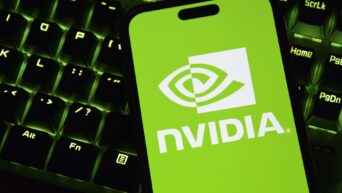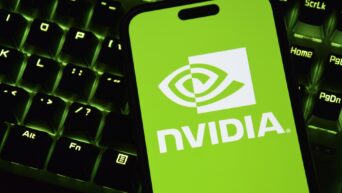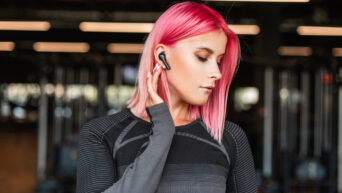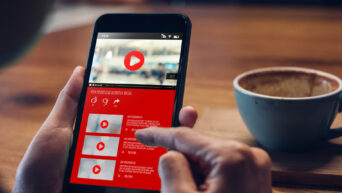
Credit: Unsplash
Frustration with Facebook policies has prompted numerous switchovers.
My family and I all live in different parts of the country, much too far to travel on a regular basis (not that we could do much traveling right now anyway). To stay in touch, we’ve been using a WhatsApp chat room, texting each other on a regular basis. Thing is, WhatsApp, as a company, is owned by Facebook, and recently, WhatsApp updated their privacy policies to collect more user data in greater detail to send to Facebook. My family has been trying to take our privacy a little more seriously lately, so in lieu of continuing to use WhatsApp, we’ve all switched over to Signal.
Signal is an SMS chatting app, same as WhatsApp. In fact, Signal shares most of WhatsApp’s basic features, including group chatting and video calling. While both apps do feature end-to-end encryption, though, Signal features far more detailed privacy and security measures. These features include face blurring, app locks, the option for blank notifications, and disappearing messages. Since Signal is run by the non-profit Signal Foundation, it also doesn’t collect any user data beyond the bare minimum needed to make an account.
The only obvious downside to Signal is that it’s still a fairly young app, so not everyone is using it. If you’re trying to contact someone using WhatsApp or a different app through Signal, it ain’t gonna work. Though, amusingly, Signal actually got such a massive influx of new users after WhatsApp updated their policies, their servers temporarily crashed, so maybe it’s not that much of a problem after all.
We continue to shatter traffic records and add capacity as more and more people come to terms with how much they dislike Facebook's new terms. If you weren't able to create a new group recently, please try again. New servers are ready to serve you.
— Signal (@signalapp) January 10, 2021
If data collection policies don’t bother you, and it’s okay if they don’t, then you can keep using WhatsApp. It’s a commonly used app, and you’re probably used to it. But if you don’t mind a brief adjustment period, Signal may be better for your data privacy in the long run.
































